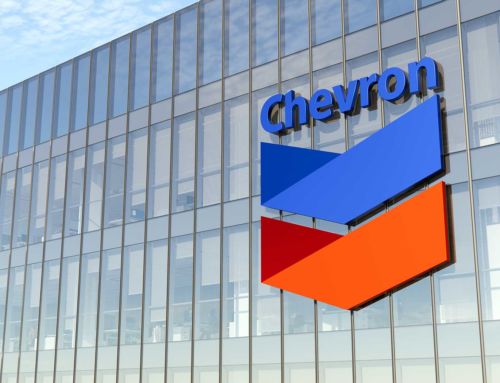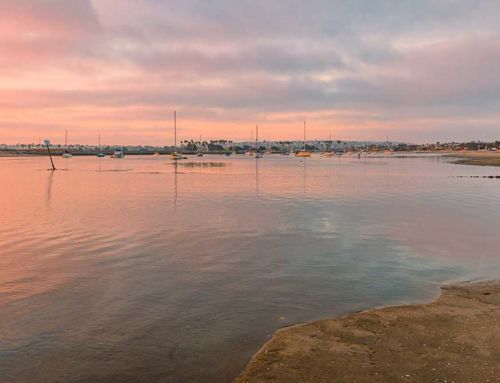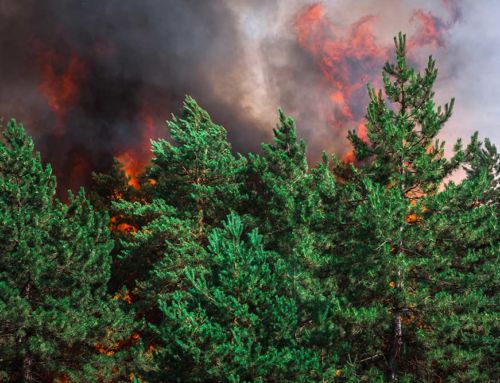On October 28, Washington federal judge Salvador Mendoza denied Monsanto’s motion to throw out the City of Spokane’s PCB contamination lawsuit. The ruling was a critical win for the city as it attempts to force Monsanto to pay for the City’s costs of removing PCB contamination from the city’s stormwater system.
A Background of the Case
The City of Spokane hired Baron & Budd to represent it in its case against Monsanto seeking reimbursement for removing and reducing PCBs from Spokane’s stormwater system. PCBs, which are carcinogenic, have been found in fish in the Spokane River and prevent fishing, swimming, and other uses of contaminated waterbodies.
The suit, originally filed on July 31, 2015, alleges that PCBs manufactured by Monsanto created a public nuisance by contaminating the City’s stormwater, stormwater system, the Spokane River, and other natural resources. Because of this contamination, the city will have to pay millions of dollars to retrofit its stormwater system.
As a result of Judge Mendoza’s ruling, the case will be able to go to trial.
PCBs (polychlorinated biphenyls) are chemical compounds found in a wide range of industrial applications. For example, they were used in caulks, paints, electrical equipment such as transformers and switches, and many, many others. Monsanto was the only U.S. manufacturer of PCBs for more than 40 years until 1979, when Congress banned the manufacture of products containing the chemicals.
Several cities have enlisted the help of Baron & Budd to sue Monsanto for cleanup expenses, claiming that PCBs from stormwater runoff have contaminated lakes, streams, rivers and other bodies of water. These other cities include Berkeley, CA, Long Beach, CA, Oakland, Portland, San Jose, San Diego and Seattle.
[greybox]If you would like to learn more about Baron & Budd’s work in the area of PCB contamination, please [contactformlink text=”contact us online here”] or call .[/greybox]


